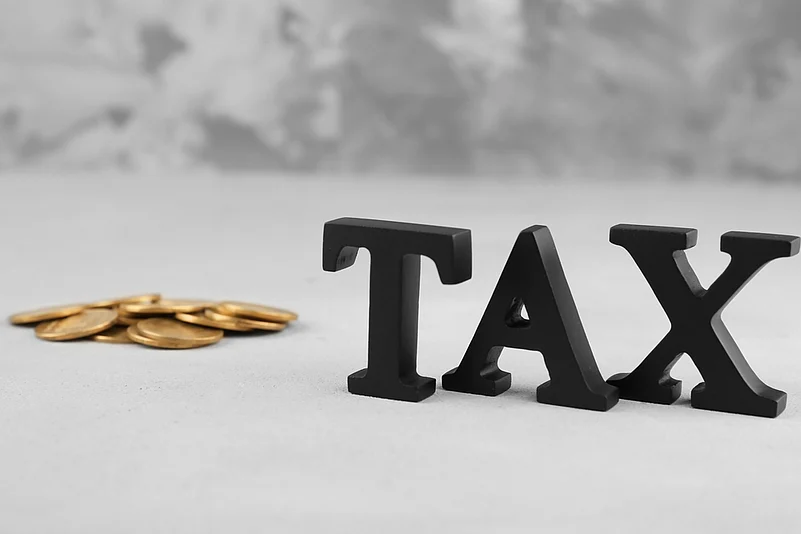Today investors have a plethora of financial products to choose from. This also means investors hold a strong portfolio with too many financial assets, including stocks and Mutual Funds (MFs). This is why it becomes imperative to understand the tax obligations attached to income earned from trading or investing in stocks and MFs.
The profit made on mutual fund investments, while selling the units is called capital gains. This can be Short-Term Capital Gain (STCG) or Long-Term Capital Gain (LTCG), depending upon the ‘period of holding’ of MFunits - from the date of purchase to sale. The tax that is levied on these profits is called capital gains tax.
Equity mutual funds generally have at least 65 per cent of equity allocation in their portfolios. If units of listed equity mutual funds are held for at least 12 months before the sale, gains derived are called LTCG. If held for less than a year, then the profit would be considered as STCG.
“The short-term capital gains would be taxed at the rate of 15 per cent u/s 111A of the Income Tax Act, whereas the long-term capital gains are taxed at 10 per cent u/s 112A of the I-T Act, provided such gains exceed the threshold limit of Rs 1 lakh within a financial year. However, long-term capital gains derived up to Rs 1 lakh enjoy tax exemption,” says Suresh Surana, Founder, RSM India.
Non-equity mutual funds like debt funds hold less than 65 per cent of equity allocation in their investment portfolios. However, in this case, gains are categorised as STCG if the units are sold within 36 months; LTCG is sold after that. Short-term capital gains would be taxed at the applicable marginal slab rate of the investor whereas long-term capital gains are taxed at 20 per cent with indexation u/s 112 of the I-T Act.
The indexation process takes into account inflation from the time the taxpayer buys the asset till the time she sells it. This process increases the cost of acquisition of the asset and consequently, lowers capital gains.
When it comes to taxation of mutual fund dividends for FY2020-21, the dividend income received by investors from mutual funds with effect from April 1, 2020, will be subject to Tax Deducted at Source (TDS) at 10 per cent. The standard TDS is applicable if income paid is more than Rs 5,000. Due to the current pandemic, the government has reduced the TDS rate to 7.5 per cent for distribution from May 14, 2020 to March 31, 2021.
For those investing and without actively trading in shares, the sale income is called Capital Gains (CG). However, for the taxation of shares, the gain or loss from trading is categorised as STCG when shares are held for a year. If the shares are held for more than a year, they are classified as LTCG. STCG is taxed at 15 per cent while LTCG is taxed at 10 per cent. Although LTCG is tax-free up to Rs 1 lakh a year, if shares are purchased on or before January 31, 2018, they will be grandfathered, wherein gains made till this date will not be taxed.
For investors, who trade actively, the sale income is called “income from business”. Where trading is carried out without delivery, it is treated as “speculative business income”. “Expenses like internet charges, brokers’ commission, and Demat account charges can be deducted from gains and tax is paid on the net profit and tax-audit needs to be carried out if the trading volume exceeds Rs 5 crore in a financial year,” points out Raghunathan Parthasarathy, Associate Partner - Tax & Regulatory Services, BDO India.































